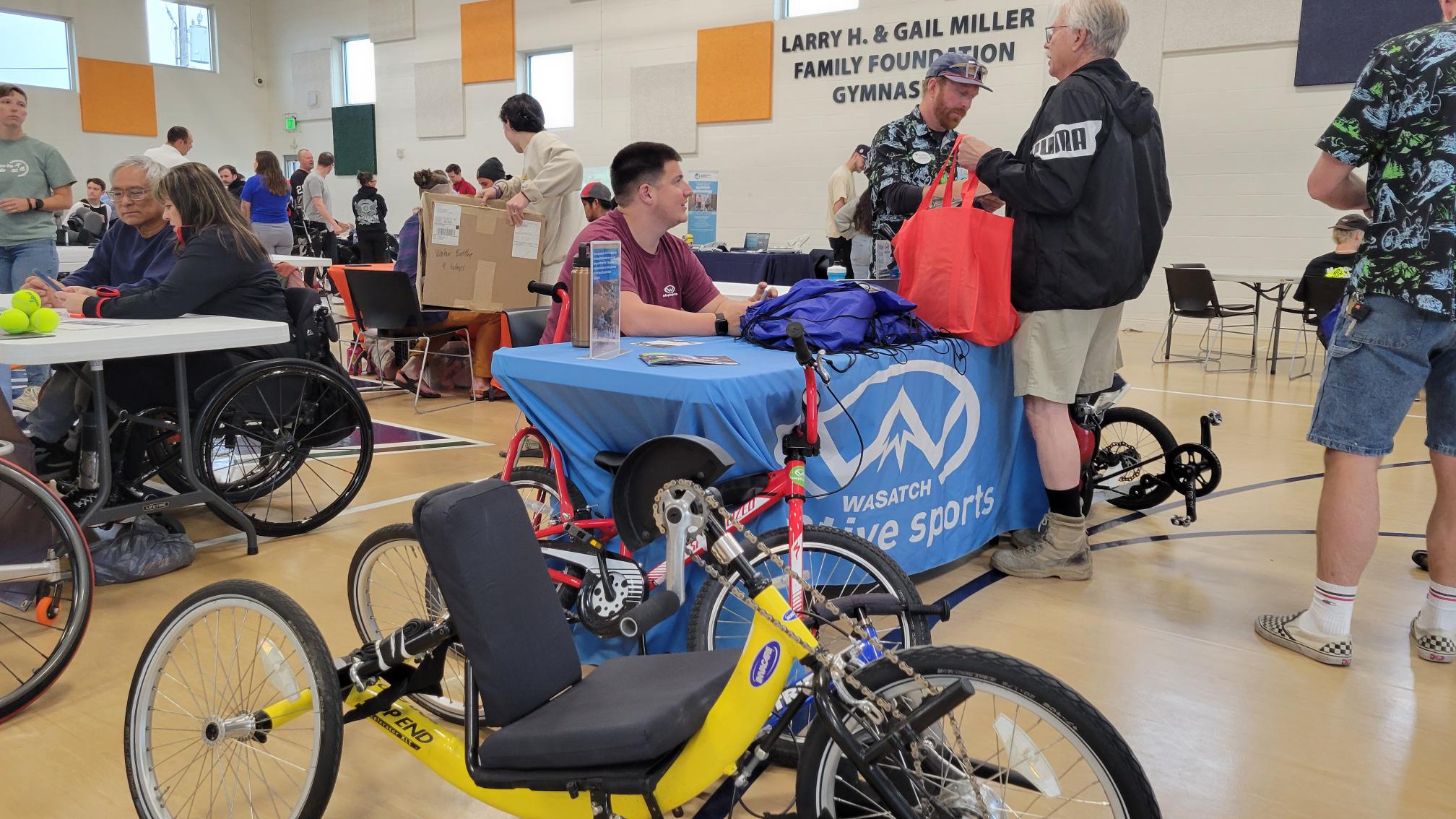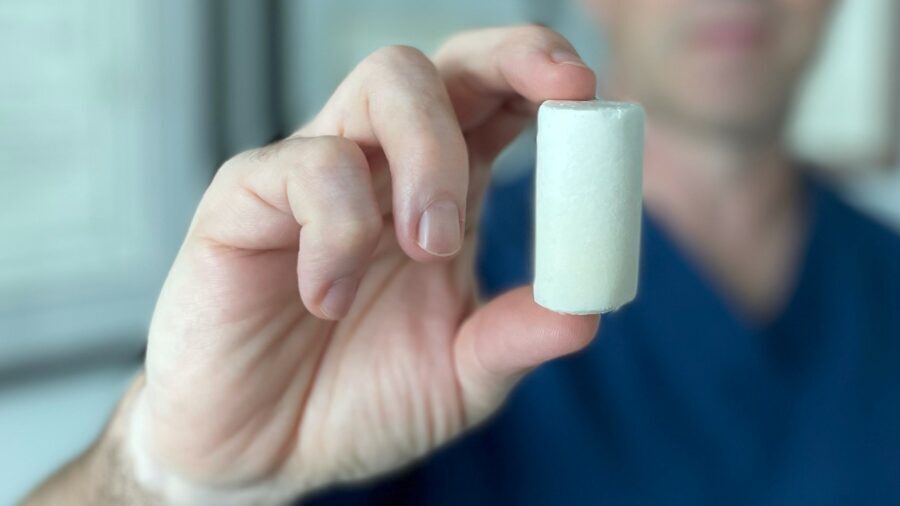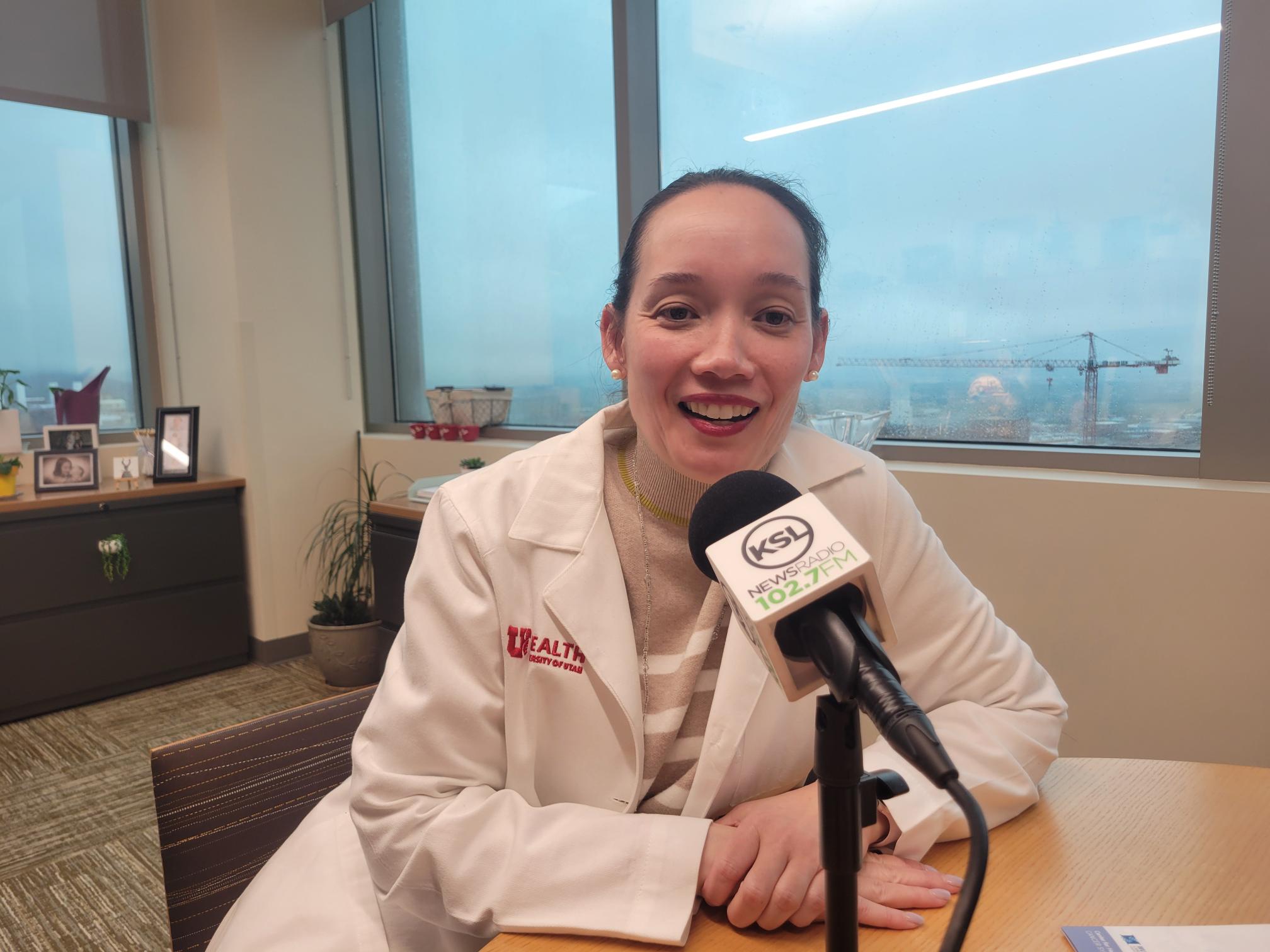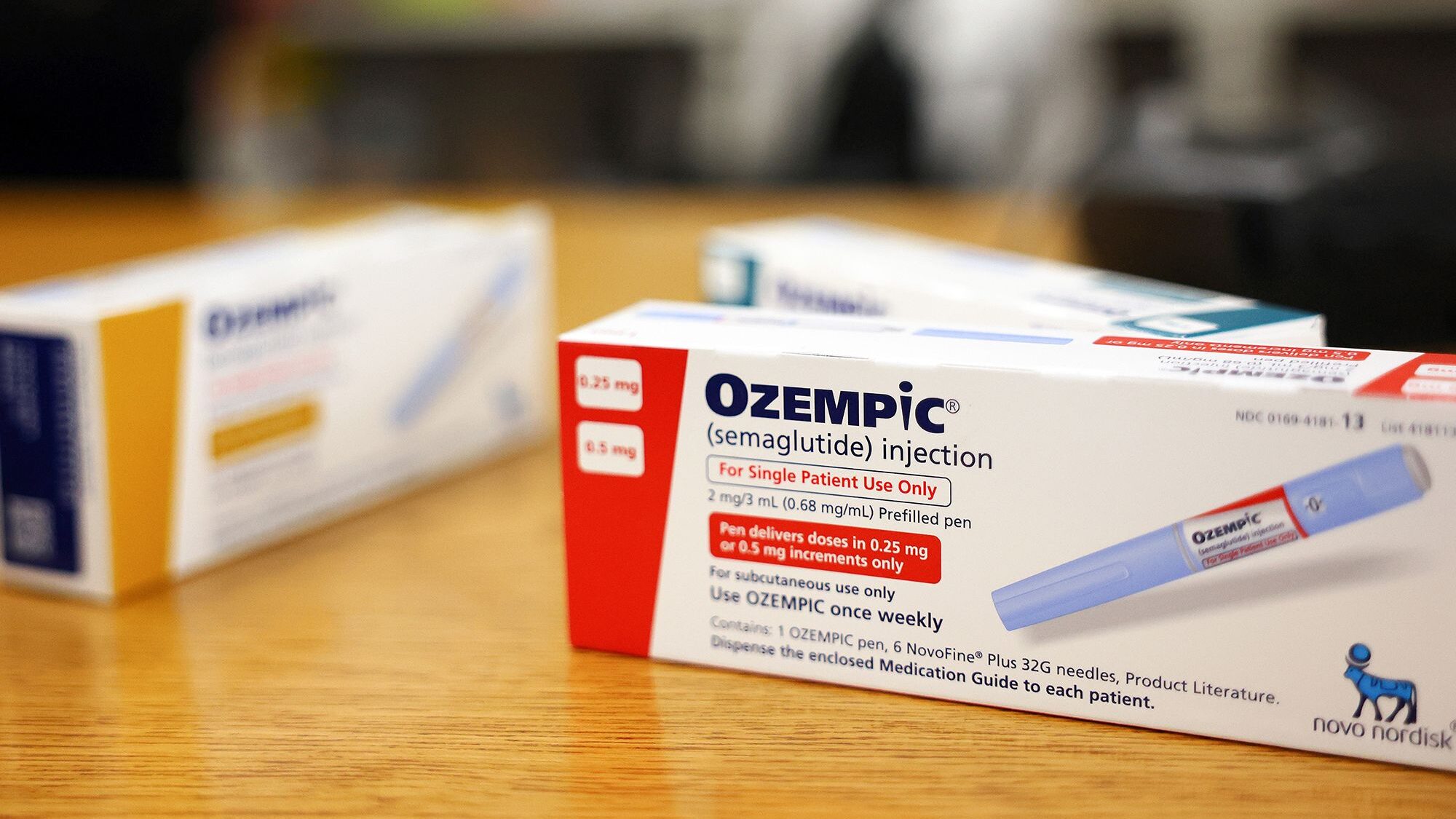Project Recovery: how this grandmother broke free of addiction
Apr 12, 2019, 1:21 PM
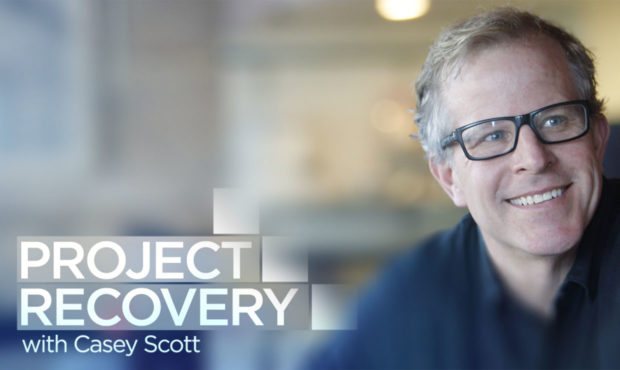
Comedian Andy Gold, shares his story on Project Recovery, a new podcast hosted by Casey Scott and Dr. Matt Woolley.
Lisa was 40-years-old, sober, and on the path to addiction recovery when she tried crystal meth for the first time.
At the time, she seemed on track for the perfect recovery story. After nearly 20 years of struggling with the ravages of alcohol addiction and all of its consequences, she’d entered into a twelve-step program that turned her life around.
But Lisa’s relationship with addiction wasn’t over just yet. She, like so many others, was about to learn that relapses happen — and that sometimes, it takes more than one try to get clean.
Today, Lisa is 58-years-old, a grandmother, and eight years sober, and she’s joined Casey Scott and Matt Woolley on their podcast Project Recovery.
Addiction

Lisa’s alcoholism, she believes, was rooted in a traumatic event that happened when she was just 13-years-old. (Photo: Shutterstock)
Every problem she had with addiction, Lisa believes, started with one dark evening when she was 13-years-old and found her younger brother’s dead body.
He’d been playing with his father’s pistol, Lisa says, and had accidentally shot himself. Young Lisa was the one to stumble upon his corpse. That was hard, she said – but the way her family handled it made it even worse.
“My father blamed me,” Lisa told Scott and Woolley. “He and my mother were a couple, and my brother and I were a couple, and we were supposed to take care of one another.”
Lisa said she tried to be tough and deal with the pain in her own, quiet way. But as she put on that tough exterior, she was internalizing her father’s blame and slowly slipping into a spiral of self-hatred that, later in her life, would grow into a crippling problem with alcohol.
Drinking in college and partying on weekends turned into full-blown alcoholism when she married her first husband, who she says was already deep into the throes of alcohol addiction.
“I couldn’t get him to join me, to quit,” Lisa says. “So I joined him. And from there, I drank and blacked out every night for seven years.”
Between 1991 and 1998, Lisa was arrested for driving under the influence four separate times. In the most extreme case, she was caught with a blood alcohol level of 0.35 – high enough to be fatal.
Throughout, her brother was always on her mind.
“There were many times that I would drive to the cemetery in semi-blackout,” Lisa says. “I would go to the cemetery and just cry because I just blamed myself for many years.”
Relapse
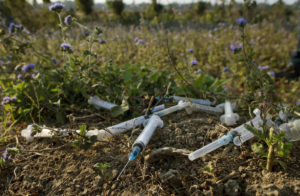
Recovery doesn’t happen overnight. After eight months sober, Lisa relapsed into even worse forms of addiction. (Photo: Gemunu Amarasinghe, Associated Press)
After her last DUI in 1998, it seemed like Lisa was going to turn things around. She’d entered into Alcoholics Anonymous, split from her husband, and was working toward a better life.
Lisa thought she’d recovered – but it wasn’t over yet. Nine months sober, she met her second her husband, a fellow recovering addict, and started another relationship with a bad influence.
Her second husband wasn’t just an alcoholic. His drugs of choice, Lisa says, were heroin and crystal meth. It wasn’t long before he slipped back in his old habits, and Lisa joined him.
He was in-and-out of prison; of the 13 years they were in a relationship, Lisa says, he spent 8 years behind bars. Still, Lisa waited for him every time, and when he got out, she’d pick him up, take him to her apartment, and the pair would get high.
Lisa had relapsed. Before long, they were homeless, making ends meet with petty thefts. She’d fallen to a new rock bottom – all because, she says, she missed a key step in the twelve-step recovery process.
“I had forgiven everybody else except me,” Lisa says. “I wanted to continue to punish myself.”
Recovery
Lisa’s turnaround came just after her 50th birthday. She was arguing with a prostitute, waiting for her husband to come back home with drugs, when she realized that she didn’t want to live this life anymore. And so she packed up everything she owned into a few 80-gallon Rubbermaid containers and left.
She tried to convince her husband to quit with her, but he couldn’t or wouldn’t do it. He was too far in. And so she had to do it alone.
The path to recovery wasn’t easy. As part of the recovery process, Lisa had to go through cognitive behavioral therapy, a practice that tries to retrain the patient’s brain to break old habits.
“In that first year,” clinical psychiatrist Matt Woolley explains, “you’re literally rewiring the brain.”
For Lisa, that was a key step. Addiction was a part of her routine; when she was struggling with alcohol, she says, she would structure her entire day around drinking, scheduling her workday to make sure she had time for a liquor run.
It was essential, for an addict. Missing a single day of drinking could throw off her entire body.
“By the time I would get off work, the effects of the alcohol and the withdrawal had started to physically take over. I would be literally shaking,” Lisa says. “I need at least – well, probably six to eight ounces of straight vodka just to calm down.”
Coming down off heroin was far worse. Withdrawal, Lisa says, was one of the darkest, hardest, and most physically draining experiences she’d ever experienced.
The reward, however, was more than worth the cost. Thanks to the help of her addiction recovery center, Lisa is eight-years sober, now working as a life coach to help others struggling with addiction get back onto a better path. And if she hadn’t turned things around, the consequences could have been fatal.
Lisa’s first husband died in October of 2008, succumbing, she says, to alcohol addiction. Her second husband passed away in February of 2014. The cause of death, doctors told her, was an overdose.
More to the story
Sharing a story like Lisa’s isn’t easy. She joined Project Recovery, however, in the hopes that sharing it would help others who have found themselves in the dark sort of place she was in.
“I think it’s very important that we as women have the opportunity to share our stories,” Lisa says. “If we can get out and get into treatment and share our lives, we can help one another.”
Listen to Lisa’s full story and the stories of others like her on Project Recovery.





